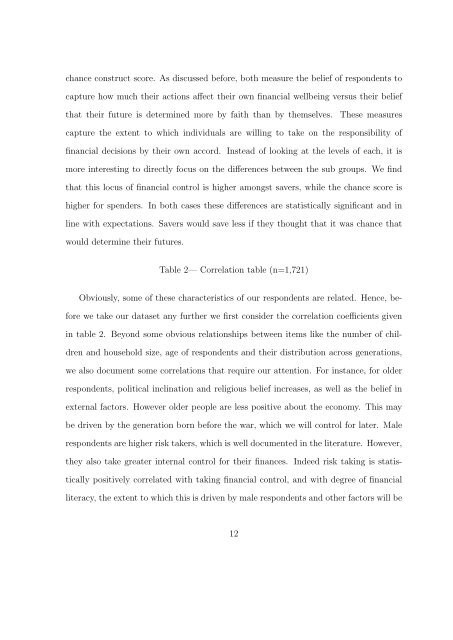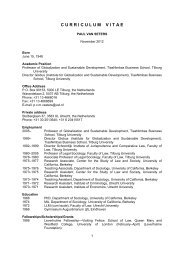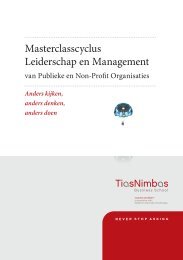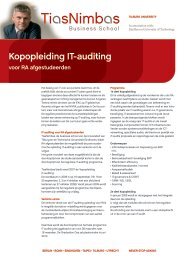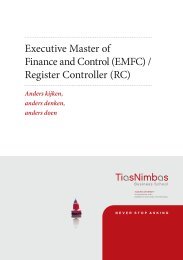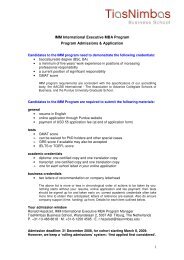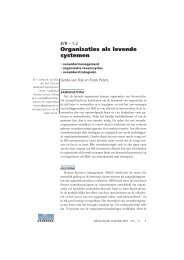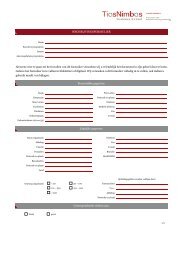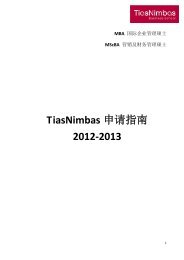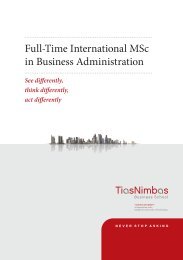Financial Responsibility, Personality Traits and Financial Decision ...
Financial Responsibility, Personality Traits and Financial Decision ...
Financial Responsibility, Personality Traits and Financial Decision ...
Create successful ePaper yourself
Turn your PDF publications into a flip-book with our unique Google optimized e-Paper software.
chance construct score. As discussed before, both measure the belief of respondents to<br />
capture how much their actions affect their own financial wellbeing versus their belief<br />
that their future is determined more by faith than by themselves. These measures<br />
capture the extent to which individuals are willing to take on the responsibility of<br />
financial decisions by their own accord. Instead of looking at the levels of each, it is<br />
more interesting to directly focus on the differences between the sub groups. We find<br />
that this locus of financial control is higher amongst savers, while the chance score is<br />
higher for spenders. In both cases these differences are statistically significant <strong>and</strong> in<br />
line with expectations. Savers would save less if they thought that it was chance that<br />
would determine their futures.<br />
Table 2— Correlation table (n=1,721)<br />
Obviously, some of these characteristics of our respondents are related. Hence, be-<br />
fore we take our dataset any further we first consider the correlation coefficients given<br />
in table 2. Beyond some obvious relationships between items like the number of chil-<br />
dren <strong>and</strong> household size, age of respondents <strong>and</strong> their distribution across generations,<br />
we also document some correlations that require our attention. For instance, for older<br />
respondents, political inclination <strong>and</strong> religious belief increases, as well as the belief in<br />
external factors. However older people are less positive about the economy. This may<br />
be driven by the generation born before the war, which we will control for later. Male<br />
respondents are higher risk takers, which is well documented in the literature. However,<br />
they also take greater internal control for their finances. Indeed risk taking is statis-<br />
tically positively correlated with taking financial control, <strong>and</strong> with degree of financial<br />
literacy, the extent to which this is driven by male respondents <strong>and</strong> other factors will be<br />
12


